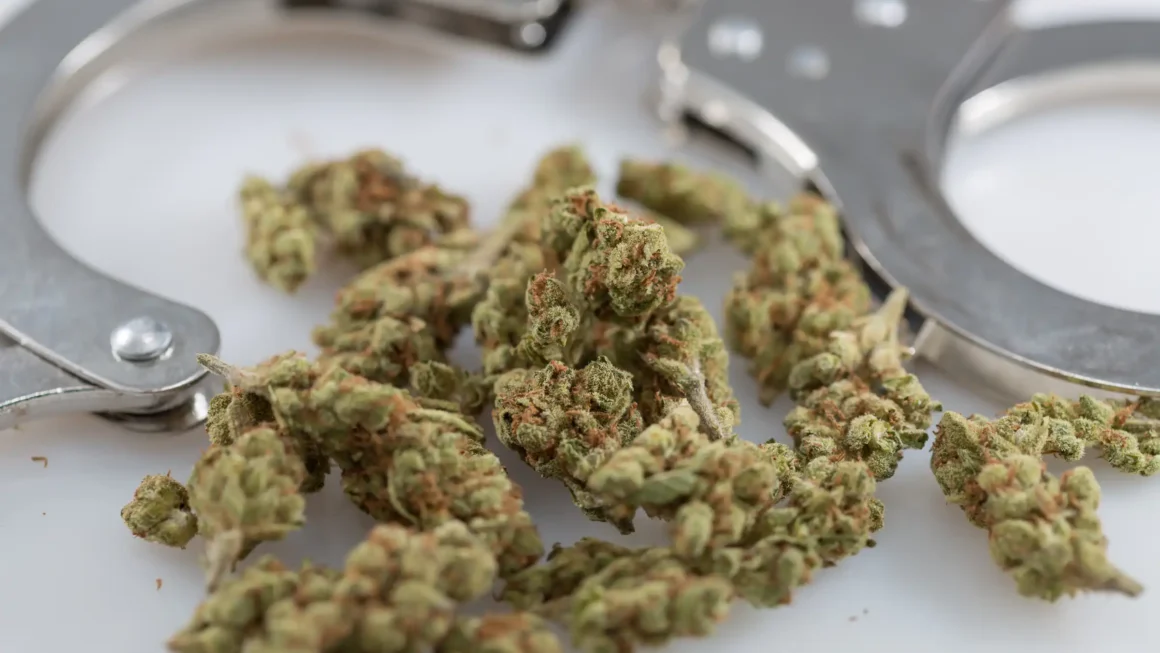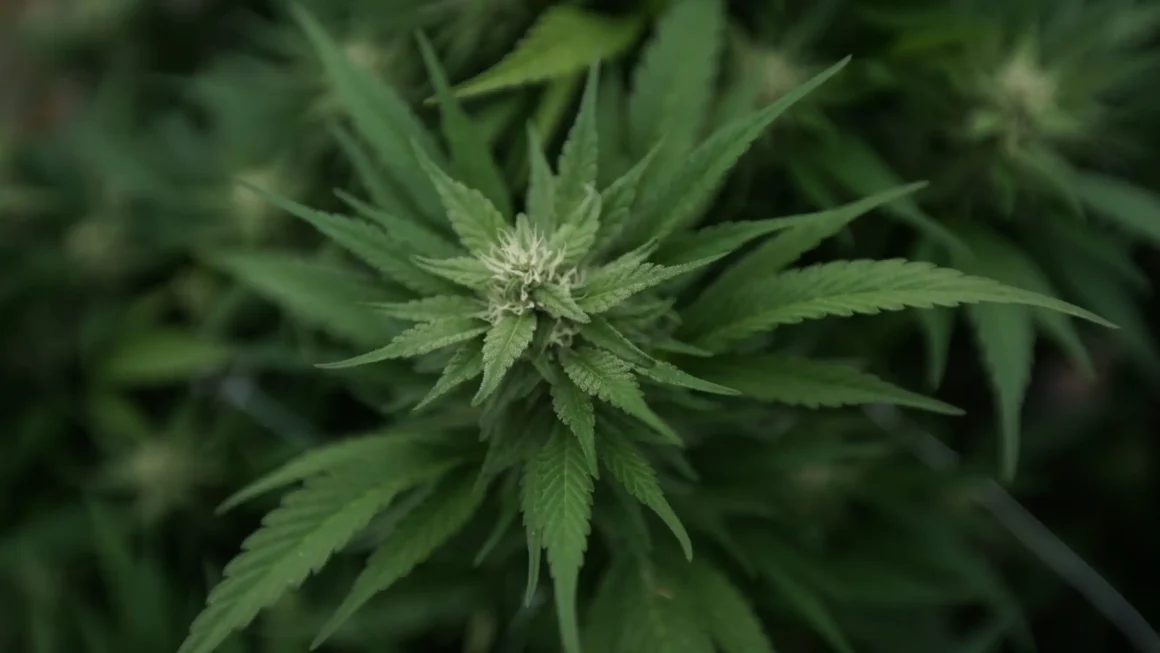A Virginia lawmaker has filed a bill that would legalize and regulate recreational marijuana sales while also increasing the amount of cannabis that adults can possess under the state’s current noncommercial legalization law.
The new legislation from Del. Paul Krizek (D) is largely in line with recommendations released last month by the legislature’s Joint Commission to Oversee the Transition of the Commonwealth into a Cannabis Retail Market, which the lawmaker chaired.
Since legalizing cannabis possession and home cultivation in 2021, Virginia lawmakers have worked to establish a commercial marijuana market—only to have those efforts consistently stalled under outgoing Gov. Glenn Youngkin (R), who twice vetoed measures to enact it that were sent to his desk by the legislature.
Incoming Gov.-elect Abigail Spanberger (D) supports legalizing adult-use marijuana sales, however.
“A consumer should always know what they are buying, and so that means strong labeling,” she said in an interview last month. “That means understanding the strength… If you go and you buy a pack of beer, you know what percentage alcohol that beer is, you know what proof a liquor is, so you have an understanding of what it is that you’re actually purchasing. I think that is extraordinarily important with all marijuana-related products.”
Krizek’s new bill, in addition to establishing a system of licensed and regulated businesses to cultivate, process, test and sell cannabis would also increase the amount of marijuana that adults over 21 years of age can legally possess from one ounce to 2.5 ounces. They could also continue to grow up to four cannabis plants at home for personal use.
Here are the key details of the new Virginia marijuana bill:
- Retail sales could begin on November 1, 2026.
- Adults would be able to purchase up to 2.5 ounces of marijuana in a single transaction, or up to an equivalent amount of other cannabis products as determined by regulators.
- The Virginia Cannabis Control Authority would oversee licensing and regulation of the new industry. Its board of directors would have the authority to control possession, sale, transportation, distribution, delivery and testing of marijuana.
- A tax of up to 11.625 percent would apply to the retail sale of any cannabis product. That would include a state retail and use tax of 1.125 percent on top of a new marijuana-specific tax of 8 percent. Local governments could levy an additional 3.5 percent.
- Tax revenue would be split between the costs of administering and enforcing the state’s marijuana system, a new Cannabis Equity Reinvestment Fund, pre-kindergarten programs, substance use disorder prevention and treatment programs and public health programs such as awareness campaigns designed to prevent drug-impaired driving and discourage underage consumption.
- Local governments could not opt out of allowing marijuana businesses to operate in their area.
- Delivery services would be allowed.
- Serving sizes would be capped at 10 milligrams THC, with no more than 100 mg THC per package.
- Existing medical cannabis operators could enter the adult-use market if they pay a $10 million licensing conversion fee.
- Cannabis businesses would have to establish labor peace agreements with workers.
- A legislative commission would be directed to study adding on-site consumption licenses and microbusiness cannabis event permits that would allow licensees to conduct sales at venues like farmers markets or pop-up locations. It would also investigate the possibility of the Virginia Alcoholic Beverage Control Authority becoming involved in marijuana regulations and enforcement.
Meanwhile, Virginia lawmakers have filed other marijuana-related legislation for the 2026 session, including proposals to provide resentencing relief for people convicted of past cannabis crimes and to let terminally ill patients use medical marijuana in hospitals and other healthcare facilities.
Separately, the Virginia Department of Labor and Industry recently published a new outlining workplace protections for cannabis consumers.






